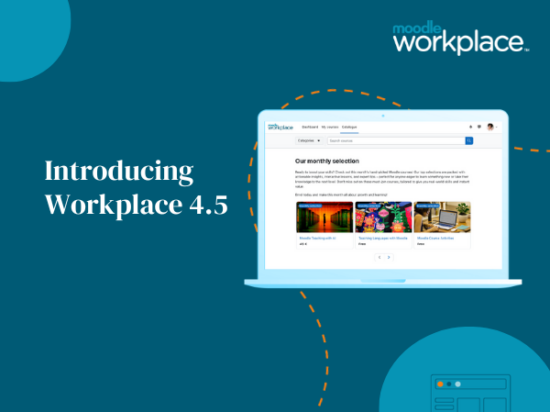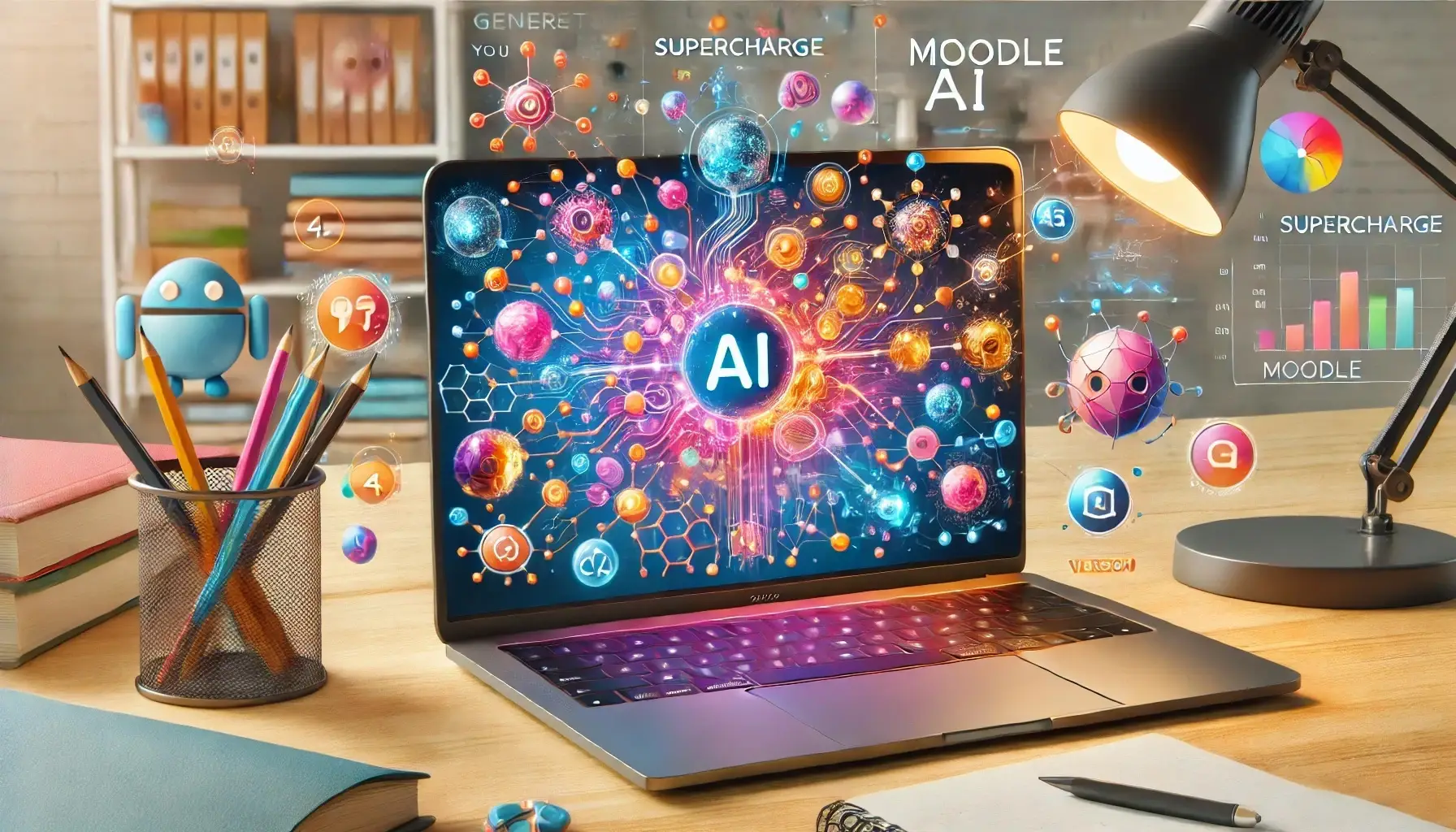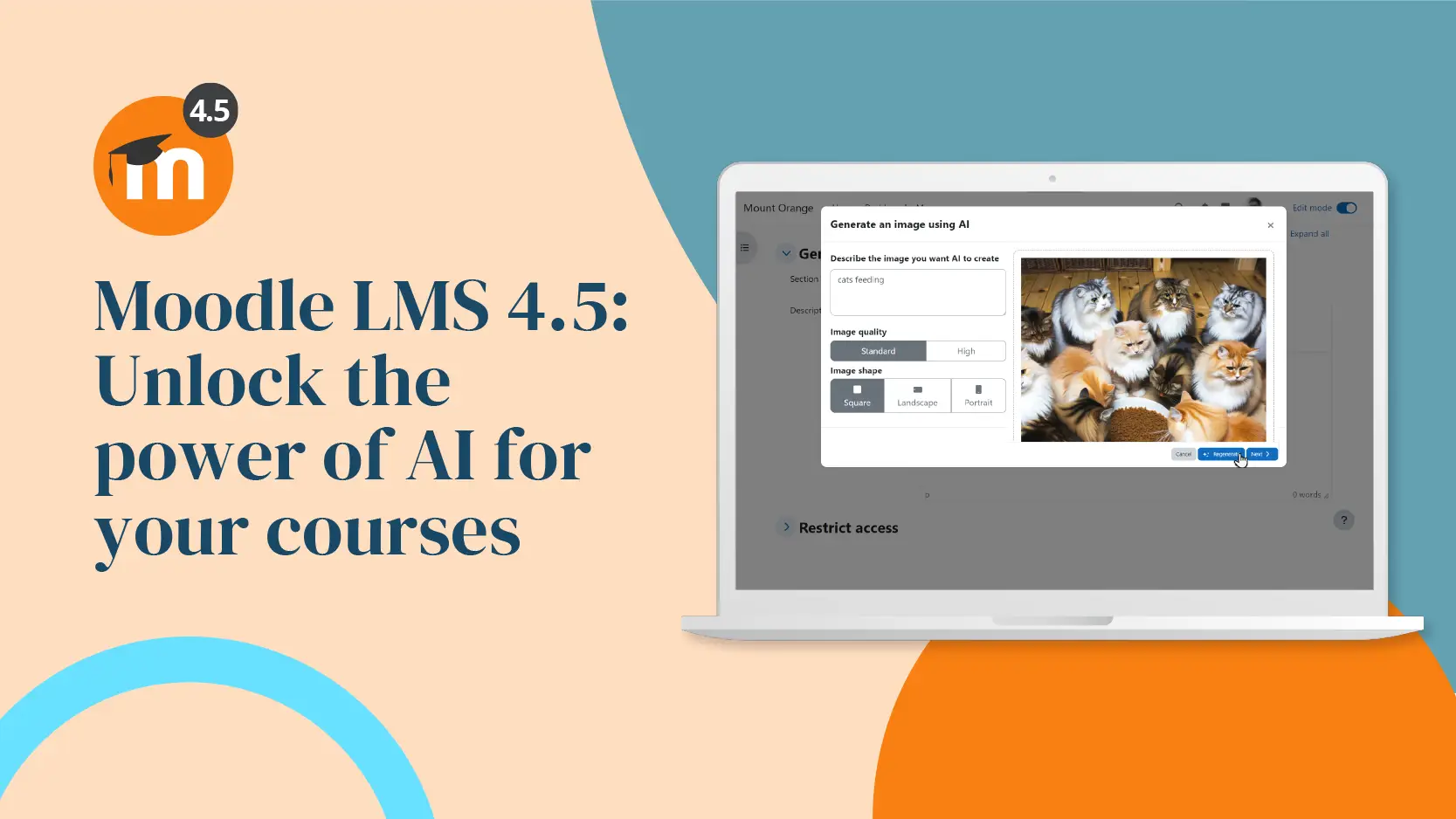Artificial Intelligence (AI) has been transforming various industries, including education. However, implementing AI in education also poses some challenges that need to be addressed. At the same time, there are significant opportunities that AI can bring to education. This article discusses the key challenges and opportunities of AI in education.
Key Challenges of AI in Education
One of the significant challenges of AI in education is to ensure that it does not replace teachers. AI should be used as a tool to support teachers and not as a substitute for them. The role of teachers is crucial in shaping the minds and lives of students, and AI should not take that away from them. Therefore, it is essential to use AI in conjunction with teachers to enhance their teaching capabilities.
Another challenge is the lack of data privacy and security in AI systems. AI systems generate and collect vast amounts of data, including personal information about students and teachers. This data must be protected from cyber-attacks and breaches. Therefore, it is necessary to have robust data privacy policies and security measures in place to protect this information.
The last significant challenge of AI in education is the digital divide. Not all students have access to technology and the internet, which limits their ability to benefit from AI tools. Therefore, it is essential to ensure that AI tools are accessible to all students, regardless of their socio-economic background.
Opportunities for AI in Education
AI can revolutionise education by providing personalized learning experiences. AI algorithms can analyse data about students’ learning styles, behaviors, and interests to create customised learning paths. This enables educators to offer personalised learning experiences that meet the needs of individual students.
Another opportunity of AI in education is to improve student engagement. AI systems can use gamification techniques to make learning more enjoyable and interactive. This can help students stay engaged and motivated throughout their learning journey.
Lastly, AI can help educators identify learning gaps and provide targeted interventions. AI algorithms can analyse student data to identify areas where students are struggling. Educators can then use this information to provide targeted interventions to support students’ learning and help them overcome any challenges.
In conclusion, AI has the potential to transform education significantly. However, to fully realise its benefits, we must address the key challenges of AI in education. By doing so, we can create a future where AI enhances education and provides students with personalised and engaging learning experiences.







